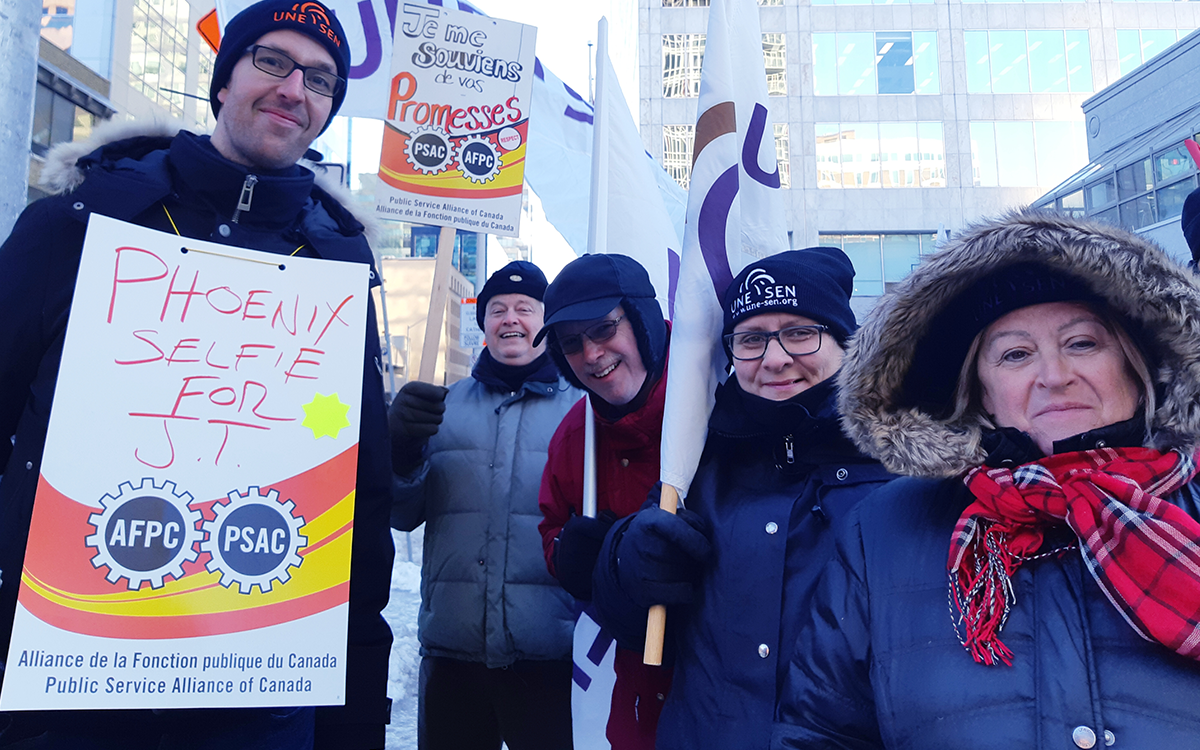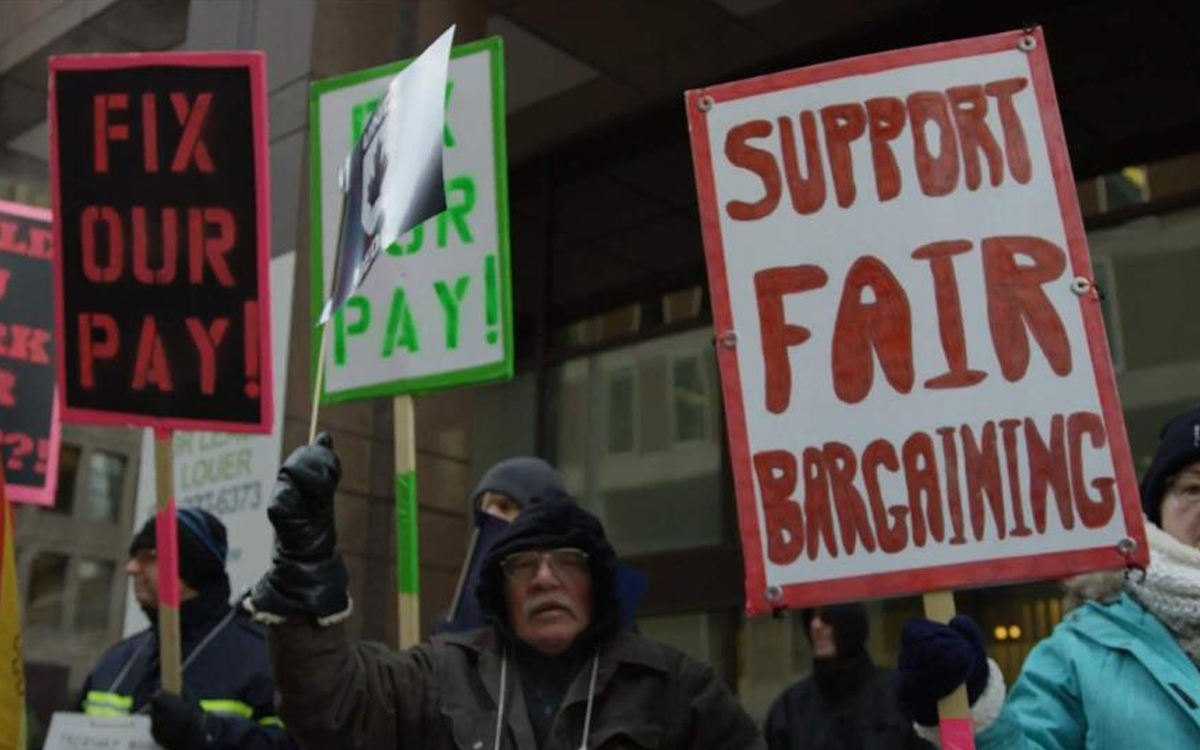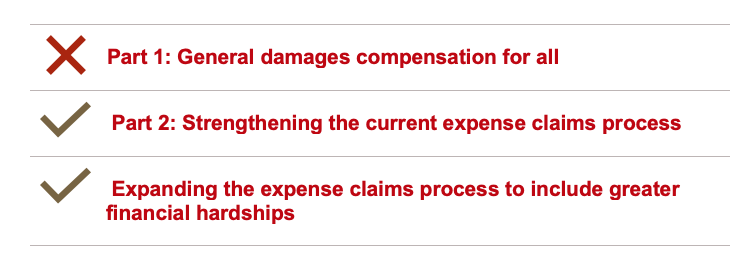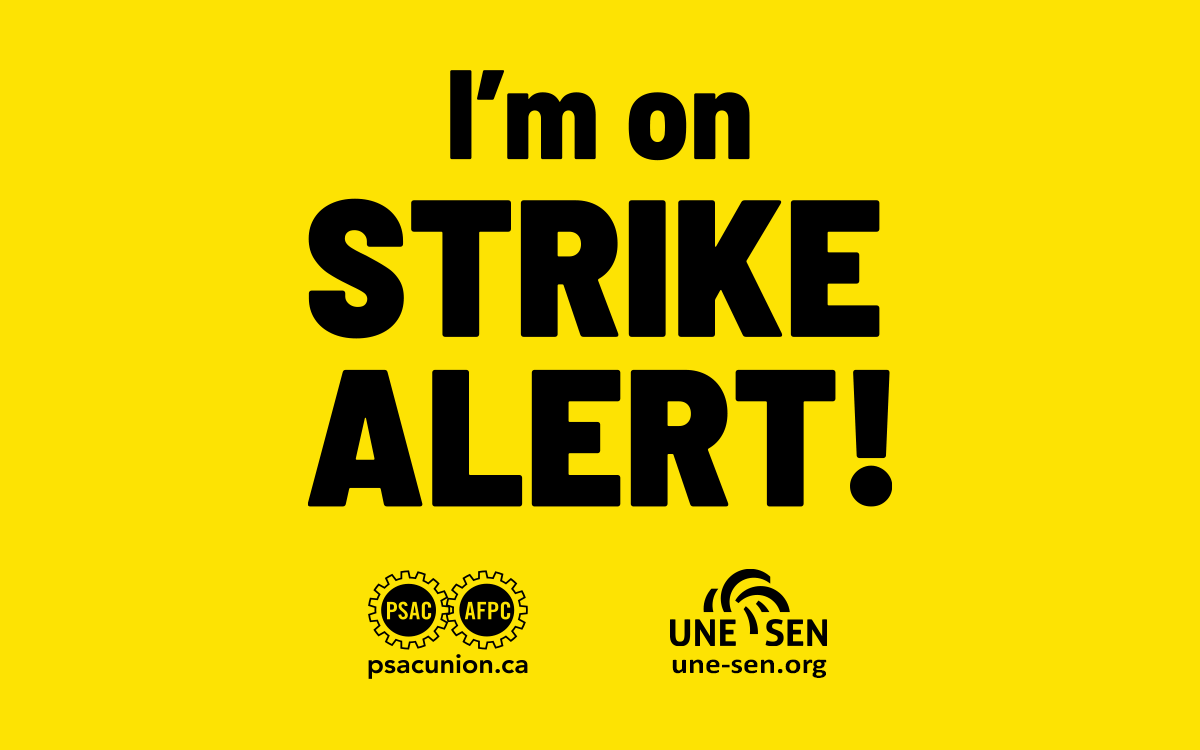
Last week, mediation between Treasury Board and PSAC ended without a tentative agreement as government representatives refused to make progress on PSAC’s key demands. The session covered both common issues as well as those specific to the PA unit – 90,000 federal public service workers in Program & Administrative Services.
After four years of Phoenix problems, the employer didn’t come to the table ready to get to a deal, instead they arrived with the same proposals PSAC has been rejecting for months.
PSAC is standing firm on our core demands, including fair wage increases, Phoenix-related demands, and the working conditions that make balancing family and work possible.
Unfair wages
The government is proposing wage increases of about 7% for the 2018-2021 period. This is below inflation, which is projected at about 8% for the same period. In order to meet inflation, the government wants us to forgo an additional 1% market adjustment meant to raise earnings for specific groups that are below industry averages, and instead use that 1% to increase the overall wage offer. It’s not fair for the Employer to ask all PSAC members to pay for market adjustments. It should be their responsibility.
To be clear, we won’t accept any offer that doesn’t keep up with the rising cost of living while also addressing group specific market adjustments.
Phoenix-related demands
The impact of the Phoenix pay system is a central issue on the bargaining table for each of PSAC’s federal public service bargaining units. To mitigate ongoing pay problems and avoid such debacle in the future, PSAC is asking for key provisions to be put into our collective agreements.
PSAC is demanding a penalty clause in the collective agreement so that members are properly compensated when they are not paid properly or on time. Also, we want an end to the recovery of overpayments before an employee’s pay issues are completely resolved. Although PSAC has secured a temporary agreement to halt this practice, we want this protection permanently included in our collective agreements.
PSAC is also seeking reimbursement for members who are forced to seek accounting and financial management counselling due to pay problems cause by the Employer.
Finally, to avoid future disasters, we are asking for more and proper consultation before any technological changes are put in place affecting our members.
Extended parental leave
PSAC has proposed that members choosing the newly extended 18-month parental leave option receive a 93% top-up for the entirety of the leave period (i.e., combined maternity and parental leave lasting 18 months). Currently, members opting for the extended parental leave option receive a 93% top-up for the first twelve months (i.e., combined and maternity and parental leave), followed by an Employment Insurance payment of 33% of their salary for the next six months of parental leave.
However, the government is insisting on a new formula that would provide members taking the extended parental leave with only a 55.8% top-up for the parental leave period. This is a major concession and a stunning proposal from a “feminist” government that claims to support improved work-life balance.
Workforce Adjustment
PSAC is proposing to recognize years of service in a WFA situation, so that those with seniority are prioritized for alternate positions. Besides, our proposal seeks to ensure that when an employee is deemed to be in surplus, a guaranteed reasonable job offer will be made within a 40-kilometer radius.
In contrast, the government wants to open the door wide to relocating workers in the event of a workforce adjustment. This would create situations where workers would have to either uproot and move their families or lose their jobs without access to the WFA options.
What’s next
PSAC’s answer to this latest insult by Treasury Board is simple: while the report from the Public Interest Commission should be tabled anytime soon, we’re moving forward towards workplace action and a strike mandate until a fair settlement is reached.
Keep an eye out in your workplaces for upcoming information sessions and strike training. And make sure you’re getting bargaining updates by email.
Source: psacunion.ca











